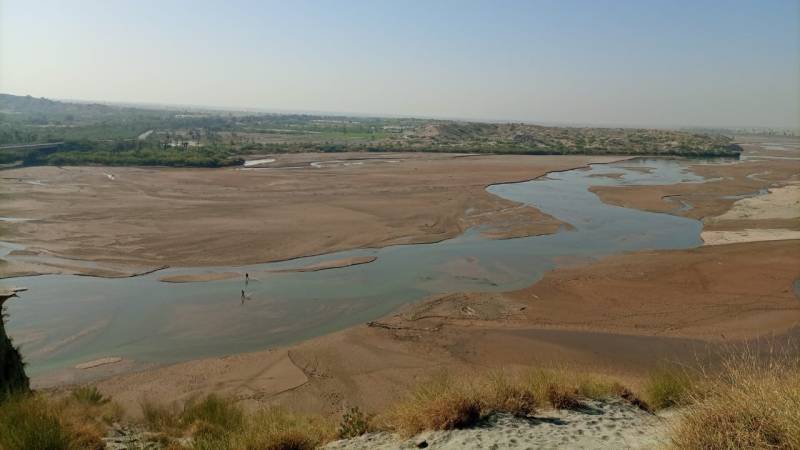
After arguing for 15 years, a group of scientists believe that the 'human age' on Earth cannot be granted a distinct place on the geological timeline after they failed to reach consensus over when exactly the human era commences.
They did agree on one thing, however: Humankind has so fundamentally altered the natural world that a new phase of the Earth's existence—a new epoch—has already begun.
Scientists argued that the world entered the Anthropocene, or the era of humans, in the mid-20th century. The argument was based on a timeline of events defined by critical human activities that punched holes in the ozone layer, gave rise to global warming due to greenhouse gases, polluted lands and waterways apart from altering the course of large water bodies, the spread of microplastics, decimation of other species, engineering of species and spread of invasive species and then the fallout from nuclear tests.
Their argument was ultimately rejected after scientists failed to reach a consensus, and the International Union of Geological Sciences (IUGS), the field's governing body, upheld a controversial vote to reject the proposal.
The decision "to reject the proposal for an Anthropocene Epoch as a formal unit of the Geologic Time Scale is approved", IUGS said, adding that of those deemed eligible to vote, four were cast in favour and 12 were cast against, while there were three abstentions.
IUGS, though, decided to retain the term "Anthropocene" to describe humans' impact on Earth.
The debate on determining when the Anthropocene began commenced in 2009. Scientists launched an enquiry which concluded that the Holocene epoch, which began some 11,700 years ago at the end of the last ice age, gave way to the Anthropocene around 1950.
To build their case, scientists collected evidence, including traces of radioactive material in layered sediment of lakes, the global upheaval of plants and animals, and the omnipresent "forever chemicals" and materials such as plastics.
Where scientists differed was on the date of 1950, with many arguing that humans' impact on the planet far predates the 20th century by a millenia, with widespread movement of humans, construction, consumption of natural resources, conflict with nature, etc.
Scientists agree that humans have had a profound impact on the planet. But not all are convinced that this impact represented an epoch or one that definitively began only seven decades ago.

